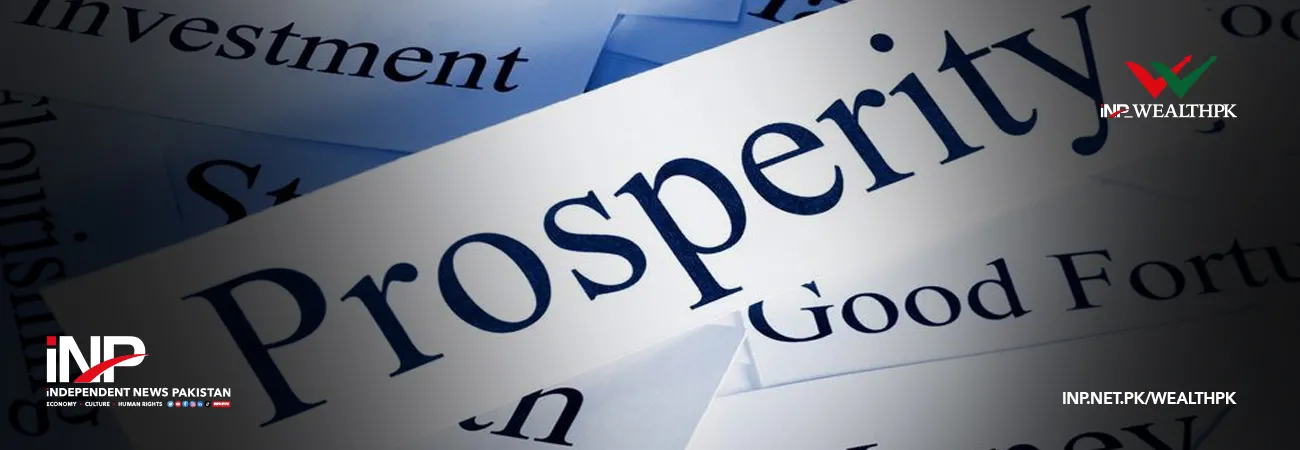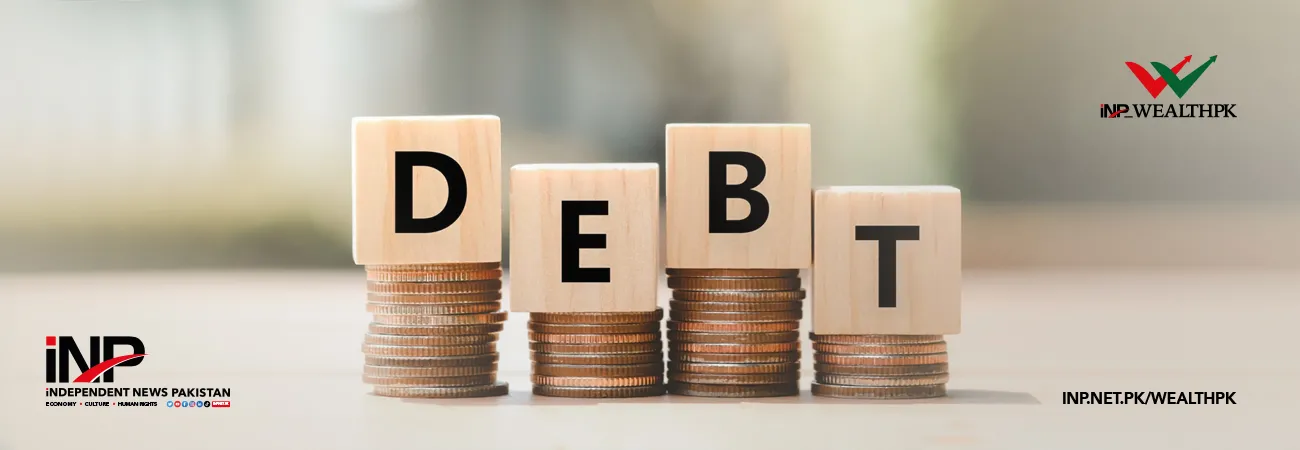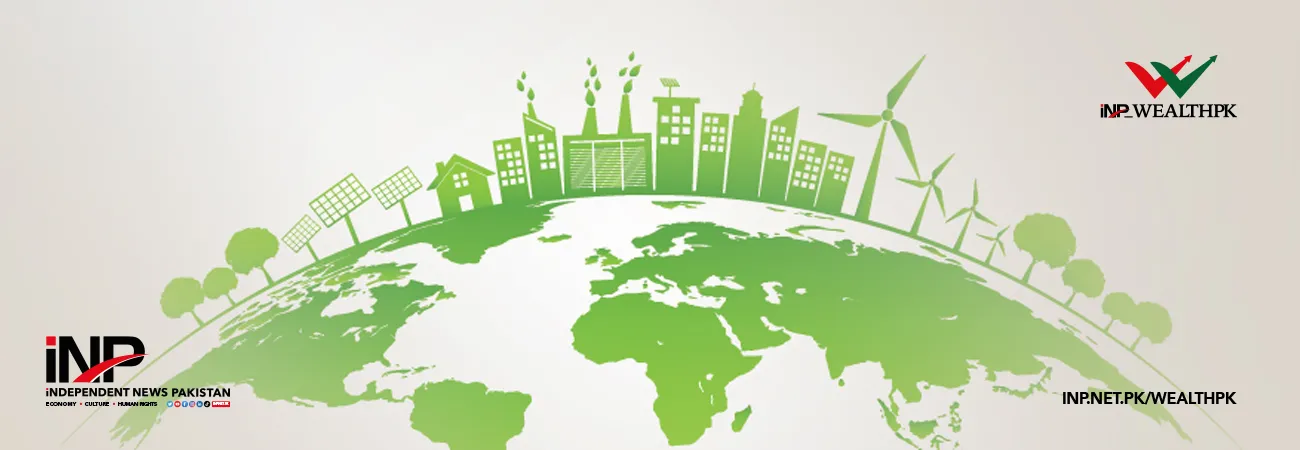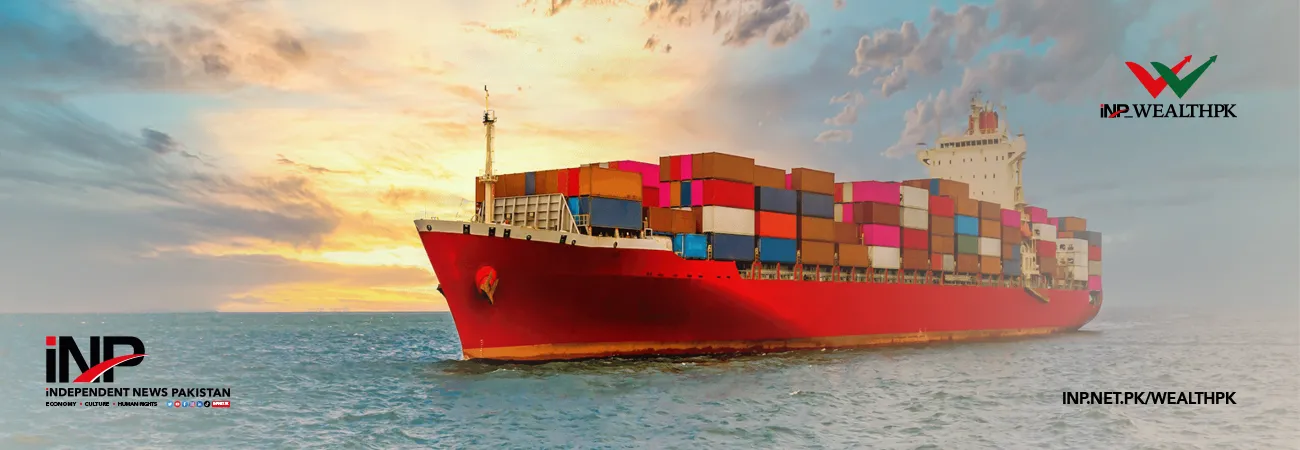INP-WealthPk
Arooj Zulfiqar
Pakistan's efforts to pave the way to prosperity have reached a significant milestone with the introduction of the 5Es framework. “This framework will facilitate transformational change and help prepare for potential opportunities,” said Syed Zafar Ali Shah, Secretary of the Planning Commission. “By focusing on exports, technology advancement, environmental stewardship, energy optimisation, and societal inclusivity, the framework holds the promise of addressing systemic challenges and capitalising on opportunities for the country’s benefit,” he pointed out. According to Zafar Ali, this framework will encourage the development of fresh enterprises and job chances, consequently resulting in a surge in exports. “The framework presents a concrete approach to promoting economic growth in five key areas: exports, e-Pakistan, environment and climate change, energy and infrastructure and equity and empowerment. By making progress in all these areas simultaneously, I am confident that we can steer the country toward sustainable and long-term economic development,” he explained.
“The framework comprises multi-pronged strategies and a variety of initiatives to put Pakistan on a sustained growth trajectory in the short to medium term. Most of these strategies and initiatives are already in the implementation phase, and have been included in the Public Sector Development Programme 2023-24,” he noted. The Planning Commission secretary said, “Pakistan faces significant macroeconomic fragility, which could hinder its ability to sustain growth and promote equity. The main objective of this framework is to boost exports.” Talking to WealthPK, Uzma Zia, a senior research economist at the Pakistan Institute of Development Economics, said many of the world's thriving economies had chosen to adopt an export-led growth approach. “Pakistan, on the other hand, has long relied on import-based consumption, resulting in payment imbalances.” “To address foreign currency liquidity challenges and maintain competitiveness, we must now transition towards an export-led growth model.
This can be achieved through enhancing productivity, diversifying products and markets, developing our brand, facilitating trade and connecting our production networks with global value chains. Doing so will help us overcome the recurring boom-and-bust cycles,” noted the PIDE economist. She said extensive research was needed to explore how the development of a knowledge-based economy was going to affect Pakistan’s trade balance, job structure, lifestyles, emerging businesses and, especially new competitive advantage in the global business. Policy persuasion and collective action are inevitable for sustainable development. As of today, there is no formal platform in Pakistan where development partners, government organisations, and other stakeholders could interact frequently, share information, float innovative development ideas and learn best practices so that they can contribute to the development process more productively.
Credit: INP-WealthPk













